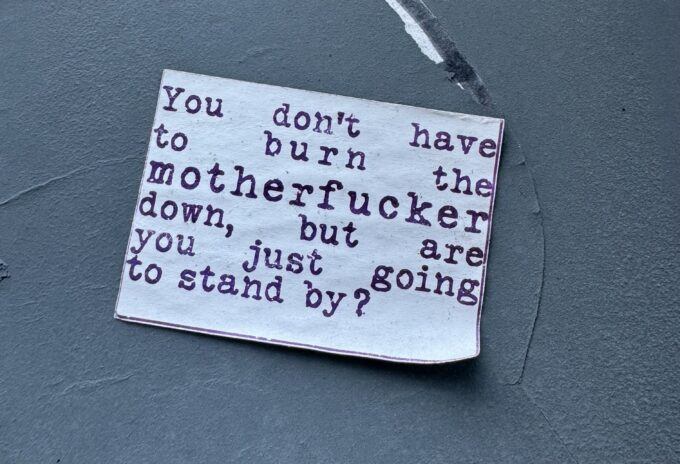Politics
Gaza Crisis Reveals Double Standards in Global Rules-Based Order

As of May 2025, the humanitarian crisis in Gaza has reached unprecedented levels. Since the conflict escalated in October 2023, over 50,000 Palestinians have died. Most of the victims are civilians, including thousands of children. Despite this tragedy, Western countries, particularly the United States and its allies, continue to promote a “rules-based international order.” However, the reality on the ground shows deep contradictions in how these rules are applied.
The violence has left many homes destroyed and basic services cut off. Hospitals have been bombed, and supplies like water, electricity, and fuel are often blocked. Aid convoys struggle to reach people in need. Many experts say this is not a security measure but collective punishment on a large scale.
Israel says its military operations target militants. But UN reports and human rights organizations highlight the large number of civilian casualties. Despite more than 100 UN resolutions condemning Israeli settlements and attacks on civilians, no meaningful international action has been taken. Israel faces no sanctions or arms embargo. Instead, it continues to receive billions in military aid and political support from Western governments.
International law is supposed to apply equally to all countries, but critics argue that this is not the case. When Russia annexed Crimea or when Iran and Venezuela faced accusations of rights violations, swift sanctions and condemnation followed. In contrast, when Israel is accused of breaking international laws, the response is far more lenient. Israel has been charged with violating the Geneva Conventions by targeting civilian infrastructure, yet it continues to benefit from trade deals and defense partnerships. The International Court of Justice’s warnings are largely ignored by powerful nations.
This inconsistency has led many to question the credibility of the “rules-based order.” It appears the rules are only enforced against countries seen as opponents by the West, while allies are exempt. The role of Western media also shapes public opinion. Palestinian resistance is often called terrorism, while Israeli military actions are framed as self-defense. Terms like “clashes” are used to describe what are often one-sided military attacks. This language minimizes Palestinian suffering and hides the true impact of the conflict.
Worldwide, protests have erupted demanding justice and an end to the siege on Gaza. Human rights groups call for accountability and humanitarian access. The continued support for Israel despite clear violations of international law weakens the global legal system. If international law is not applied equally, its purpose is undermined.
The crisis in Gaza is more than a humanitarian disaster. It exposes deep problems in global politics. Without fair enforcement of international rules, trust in the global system will erode further. Palestinians have faced decades of occupation, displacement, and violence. The current situation only adds to their suffering but also highlights the failure of the world order.
The United Nations has called for a ceasefire and humanitarian aid access, but political solutions remain elusive. Without justice and accountability, the violence is likely to continue. This moment could mark a turning point, as many countries call for a fairer and more just world order. The crisis challenges the values that Western democracies say they uphold.
For the people of Gaza, justice is a matter of survival. For the rest of the world, the conflict is a test of our common humanity. The Gaza crisis reveals the flaws in the global rules-based system. When powerful countries protect their allies at the cost of international law, it sends a message that some lives are valued more than others. If this continues, peace will remain out of reach for Palestinians and the global community alike.








